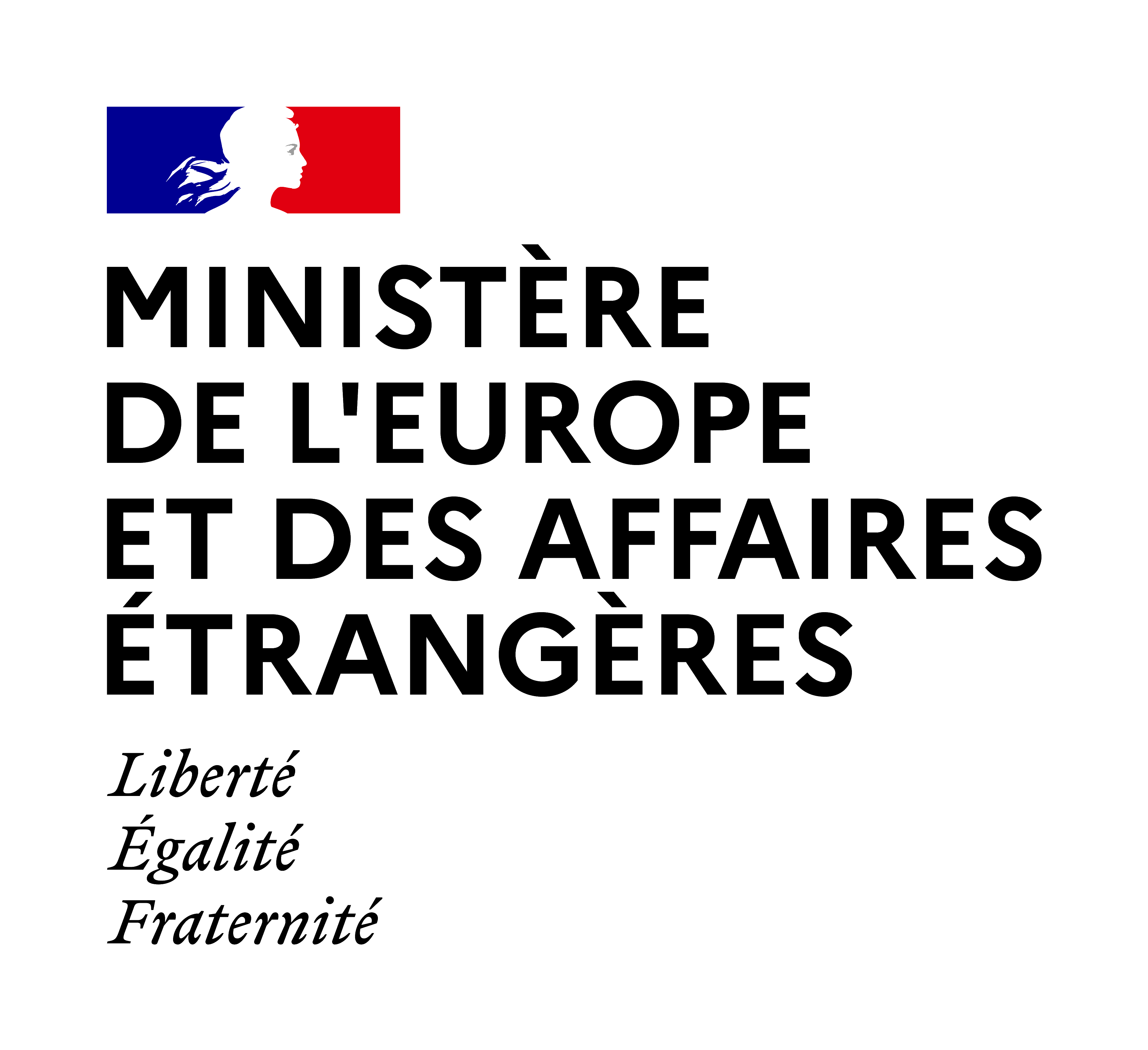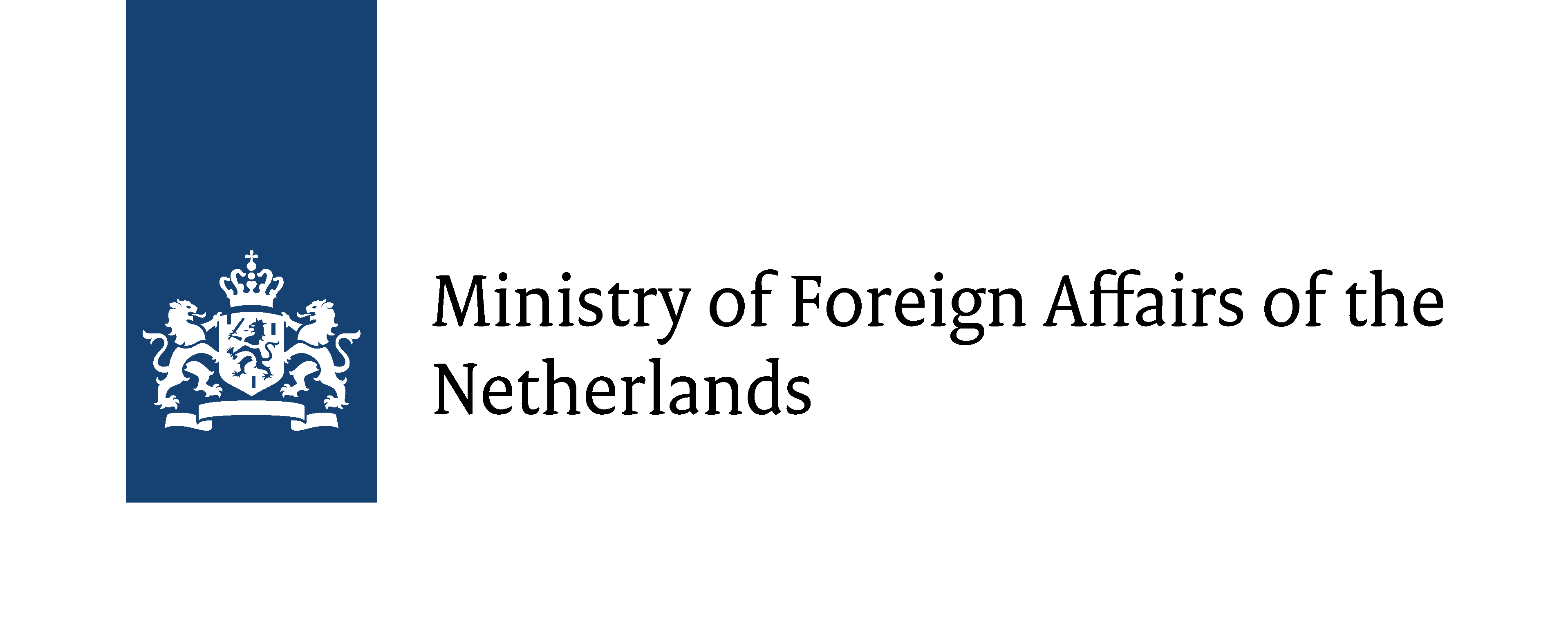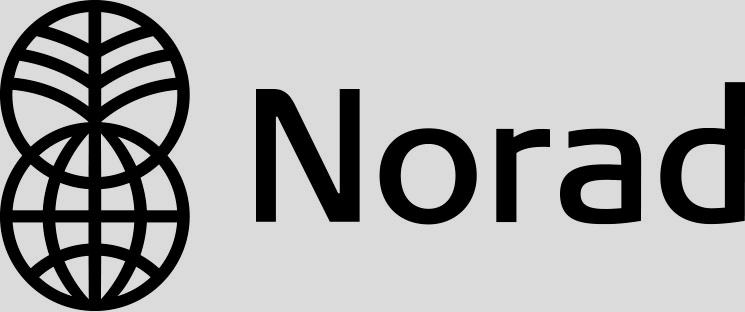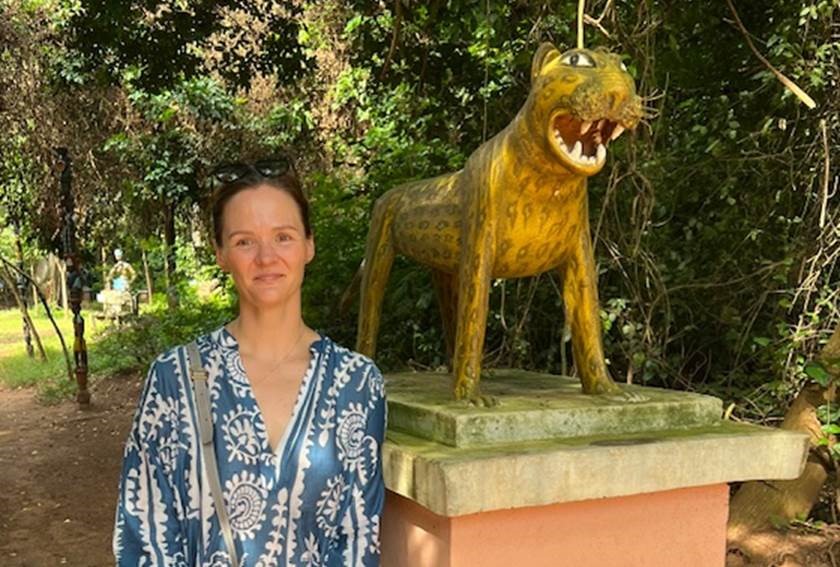Partner Organizations




Development Partners






The PCT Secretariat recently welcomed a new team member – Ania Rajca as a Domestic Resource Mobilization (DRM) Specialist to help facilitate the technical collaboration among the PCT Partners.
Prior to joining the PCT Secretariat, Ania was a consultant based in the World Bank Dakar office, where she supported DRM programs across West Africa. In her capacity, she was responsible for the design and implementation of transfer pricing reforms under a regional program for the Economic Community of West African States and through bilateral country engagements on international tax and medium-term revenue strategies (MTRS) with Senegal, Nigeria, and Liberia among others. Previously, she worked with the OECD and IFC on international tax programs across South East Asia and Africa. Ania holds an M.A. in international relations and economics from Johns Hopkins University (SAIS) and a master's degree in journalism from Jagiellonian University.
In this short interview, we talked with Ania about her new role with the PCT Secretariat and how she will support the PCT Partners in deepening their joint agenda on DRM:
PCT Secretariat: Can you tell us more about your background?
Ania: I am joining the PCT in Washington D.C. after working seven years in the World Bank Dakar office, where I have been responsible for the coordination and delivery of various domestic resource mobilization projects across West Africa with a focus on international tax reforms and mid-term revenue strategies (MTRS), initially under a regional program on transfer pricing for the Economic Community of West African States (ECOWAS) members and, more recently, through bilateral engagements with Senegal, Nigeria, Liberia, Ivory Coast and others. Prior to this, I worked at OECD in Paris, where I supported a joint WBG-OECD-EU transfer pricing program delivered globally to more than 15 countries. I started my professional career with the WB/IFC in Washington D.C. working on different business taxation and investment climate projects, so I am very excited about the prospect of coming back after all these years to Washington D.C. and joining the PCT.
PCT Secretariat: What made you pursue a career in domestic resource mobilization (DRM)?
Ania: DRM is at the heart of the sustainable development agenda. It allows countries to raise and spend funds on public goods and services – schools, hospitals, clean water, electricity, roads and infrastructure – all critical in helping people rise out of poverty. This, on its own, gives a huge motivation and drive to work in this field and advance such critical goals. What is also interesting is that it is an area that is constantly evolving. The last 10-15 years have brought historic changes to the international tax architecture, first, with the BEPS project and, more recently, with the Two Pillar approach and introduction of global minimum tax. The high profile of this agenda comes with exciting work which will greatly benefit developing countries.
PCT Secretariat: What will you be working on at PCT? How will you support the PCT Partners in enhancing their collaborative agenda on DRM?
Ania: As a DRM specialist, I will be working on all of the PCT activities with a focus on international tax and MTRS. The work plan for the next year will allow us to explore potentially new areas while updating some of our previous work. As someone who has been working directly with governments over the past years, I hope to engage with developing countries and regional partners more through our outreach activities to enhance PCT’s impact on the ground.
PCT Secretariat: Finally, in your opinion, why is it important to have a mechanism like PCT?
Ania: I think PCT has an important role to play in the current international tax environment. It provides a unique platform for the four Partner organizations – the IMF, OECD, UN and the World Bank - to collaborate in developing guidance and tools to assist countries with effective tax system reforms and have a continuous dialogue with each other on their work on the ground. Through the platform, the four organizations have an opportunity to brainstorm and share ideas and experiences. There is a great value deriving from this and an opportunity to support developing countries more holistically in increasing revenue collection vital to meet their sustainable development goals.










